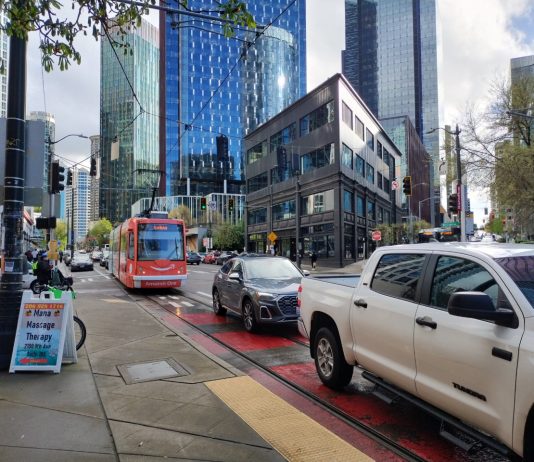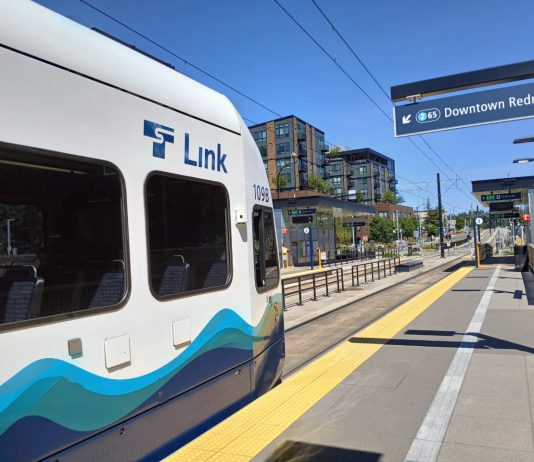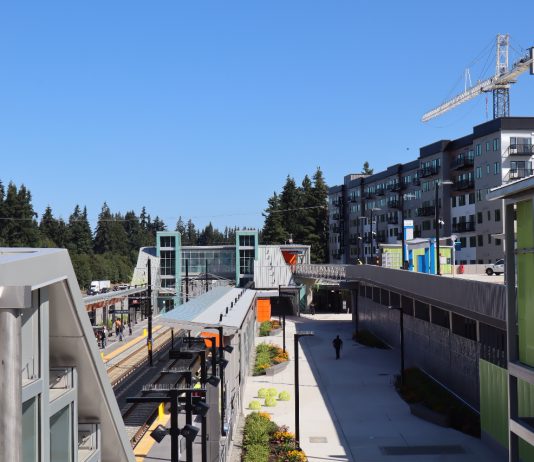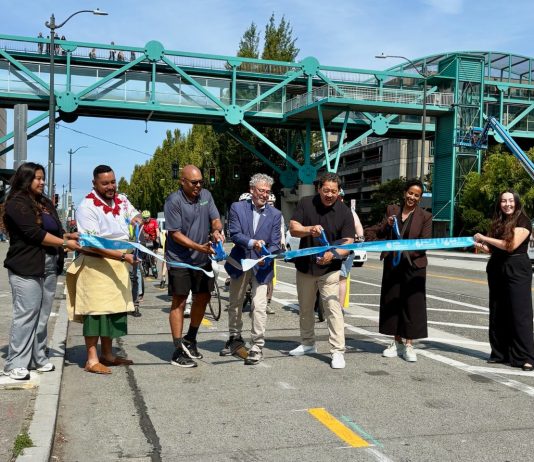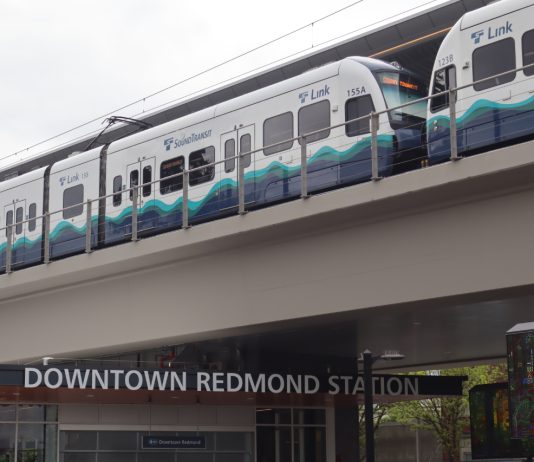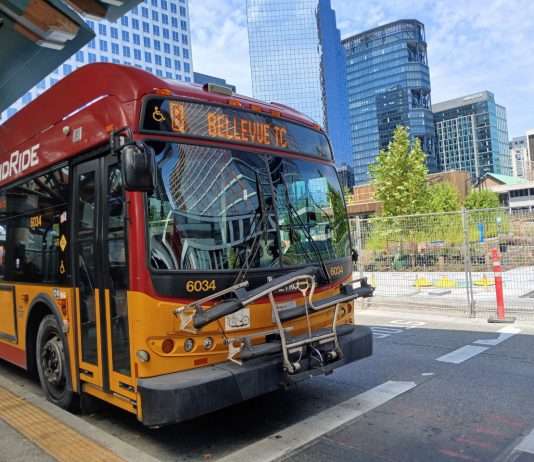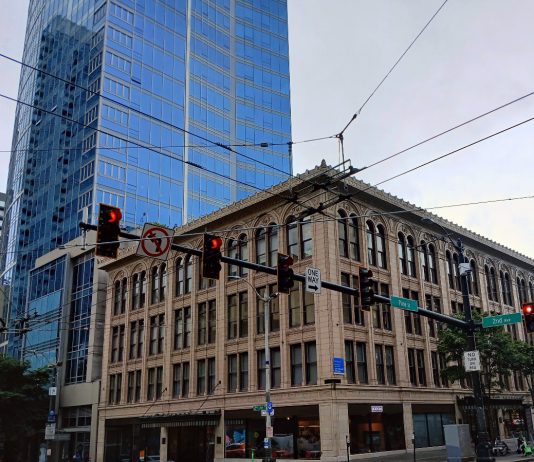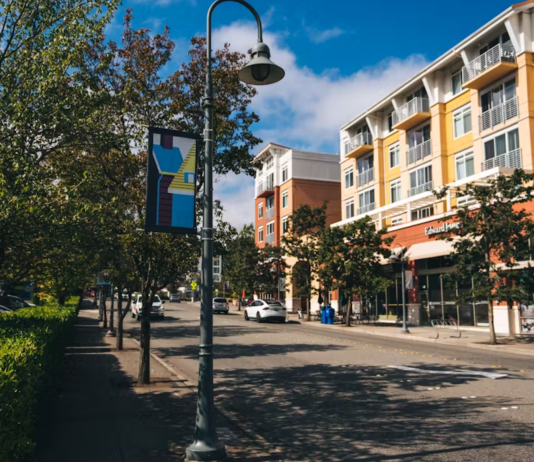Ryan Packer
685 POSTS
0 COMMENTS
Ryan Packer has been writing for The Urbanist since 2015, and currently reports full-time as Contributing Editor. Their beats are transportation, land use, public space, traffic safety, and obscure community meetings. Packer has also reported for other regional outlets including BikePortland, Seattle Met, and PubliCola. They live in the Capitol Hill neighborhood of Seattle.
With right turns set to be prohibited from Westlake Avenue onto Denny Way, streetcar vehicles and buses will no longer be stuck behind turning car traffic. The change will also benefit the high numbers of pedestrians who use this major intersection.
More than 300,000 riders used the 2 Line in July, a 47% increase over June. Averaging more than 10,000 daily riders, the 10-station line rivals the busiest King County Metro routes in terms of usage.
Shoreline becomes the largest city in King County to let builders decide how much parking makes sense within the specifics of a site, rather than requiring an arbitrary number. The 6-0 city council vote follows a watershed state bill tackling parking earlier this year.
Five major bike safety projects are all opening within a few months of each other, filling in critical gaps in Seattle's network. But most of the credit for ensuring that Hot Bike Summer happened in the first place goes to previous city leaders.
With monthly ridership now exceeding 200,000 on the 2 Line, Downtown Redmond Link has clearly kicked things into a higher gear. Having a light rail station so well integrated into a growing urban neighborhood is likely part of the recipe for success.
Three new all-day bus routes and one peak-only route will launch on the Eastside at the end of the month. These King County Metro changes are the latest step toward a frequent bus network on the Eastside that will be more fully implemented when Sound Transit's 2 Line crosses Lake Washington in 2026.
Clark/Barnes architects want to transform a landmarked office building at Second Avenue and Pine Street into housing, adding 12 additional stories of mass timber construction to accommodate more homes. The innovative project is meeting significant opposition from nearby residents and historic preservation advocates.
After the state's Growth Management Hearings Board struck down its plan, Mercer Island now has a year to update its Comprehensive Plan to meet affordable housing requirements. The initial version prioritized making as few zoning changes as possible, leading to a legal challenge from Futurewise.

